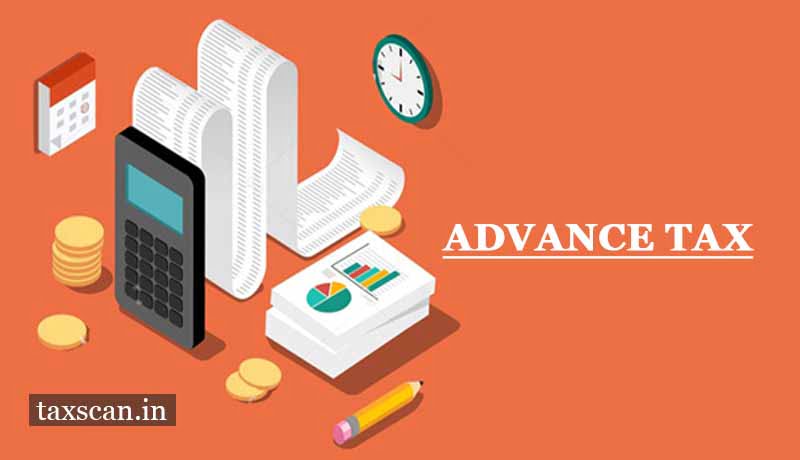Deadlines for Tax Compliances Extended, But No Extension notified for filing Self Assessment Tax over Rs 1 lakh

As part of the covid-19 pandemic-related relief measures, and due to the lockdown in the country, the government has prolonged a number of revenue tax associated deadlines together with these for submitting revenue tax return for Financial Year 2020-21, issuing Form 16 and others.
The date for payment of self-assessment tax with liability up to Rs 1 lakh has been extended to November 30. However, in cases with self-assessment tax liability over Rs 1 lakh, no extension has been granted.
If the total self-assessment tax amount you have to pay exceeds Rs 1 lakh, i.e., the tax you are required to pay before filing ITR for FY 2020-21, then you should deposit the tax due before July 31, 2021. If you miss this deadline, you will have to pay penal interest under section 234A of the Income-tax Act, 1961.
Why to pay a Self-Assessment Tax?
Self-Assessment Tax is usually payable by an individual related to income from other sources. Situations may happen where an individual missed out on an income at the time of giving their advance tax etc. There is a possibility that TDS may not be deducted or partially deduced or deducted at a lesser rate against the higher rate that applies to the Income Tax filing. There are many Salaried individuals who are earning a sizable amount from investments such as short-term bonds or fixed deposits which are not in the knowledge of an employer. So, the extra earnings of the employee, in that case, are not considered for deduction by an employer. In that case, a salaried individual needs to make payment of Self-Assessment Tax.
Self-Assessment Tax Calculator
If payment is made by an individual for the tax before the assessment date, there are two ways to do the calculation of interest.
The amount of advance Tax which is not being paid will be the amount considered for computation of interest for the date up to the payment of self-assessment tax.
The Advance tax amount after deducting the self-assessment will be considered for computation from the date of payment for self-assessment tax has been made.
Calculate the taxable amount payable on the total income of an individual with the help of Income Tax slabs that are available online. After that add the interest which is to be payable under Section 234A/234B/234C. Once the amount is added then making a deduction of the relief amount under Section90/90A and 90 from the total amount. Then further do a subtraction of the MAT Credit amount under Section 115JAA. Then do a subtraction of the advance tax amount. This will lead to the self-assessment tax payable on the individual’s income tax.
Penal interest amount to be paid for missing deadline
The penal interest under section 234A is levied if self-assessment tax is paid after the due date of filing ITR. Interest is levied at 1% per month or part of a month on a simple interest basis. For Financial Year 2019-20, the due date for filing ITR has been extended to November 30, 2021. However, those having self-assessment tax liability for FY 2020-21 exceeding Rs 1 lakh have to deposit the tax by July 31, 2021 (Which is the normal date for filing ITR) to avoid penal interest.
For example, if the balance tax due of a salaried employee is Rs 1,10,000 after TDS, advance tax payments and other tax credits, the interest liability is 1 percent, which is Rs 1,100 for each month beginning August 2021, until the date of payment.
Depending on the income-tax calculation of the taxpayer, there may be one or more interest liabilities at the time of filing the income tax return. The taxpayer should calculate all interest dues and pay them along with the self-assessment tax before e-filing their income tax return.
Support our journalism by subscribing to Taxscan AdFree. We welcome your comments at info@taxscan.in


